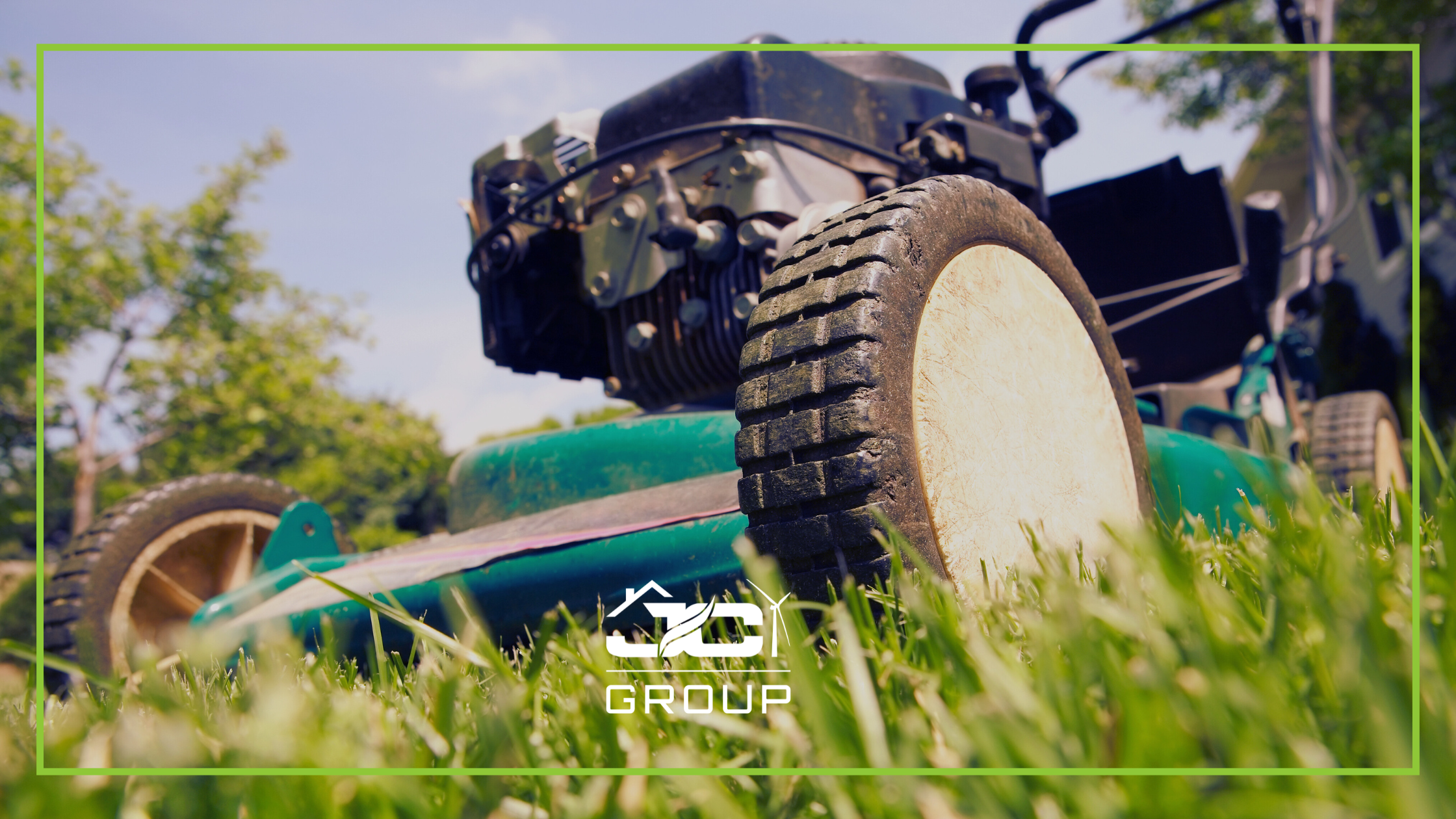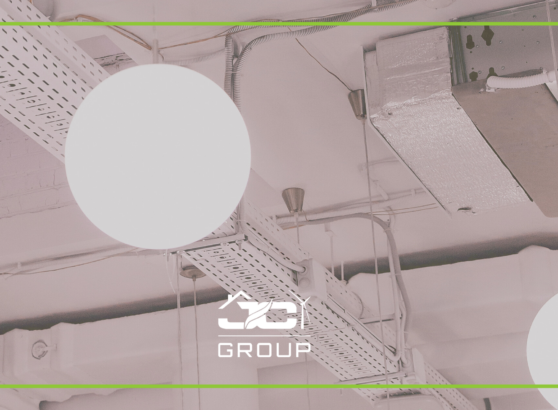Outdoor electrical safety is an often overlooked yet vitally important subject, particularly during the warmer months when many homeowners, businesses, and event organisers are spending more time outside. Whether you’re tending to your garden, managing an outdoor workspace, hosting a party, or setting up equipment for a commercial event, using electrical devices in exterior settings requires careful thought, planning, and adherence to safety procedures.
At JC Group, we take the matter of electrical safety seriously and are committed to helping our clients stay safe. This guide explores how to use electrical equipment outdoors safely, equipping you with the knowledge to prevent accidents and safeguard your environment.
The Importance of Outdoor Electrical Safety
Mixing electricity and the outdoors introduces a set of risks that are not always obvious. Factors such as unpredictable weather, the presence of moisture, uneven surfaces, and unprotected electrical components all contribute to the potential for accidents. Inadequate attention to outdoor electrical safety can result in a range of dangers, including electrical shocks, fires, injuries, or even fatalities.
Equipment damage and property loss are also common outcomes when safety guidelines are ignored. By understanding these hazards and following best practices, individuals and businesses can reduce risk significantly and use their outdoor spaces with confidence.
Common Outdoor Electrical Devices and Applications
People utilise a wide range of electrical equipment outdoors. This includes everyday tools like lawnmowers and hedge trimmers, pressure washers, electric grills, outdoor lighting, and extension leads.
In a business context or during outdoor events, additional items such as AV systems, portable generators, and electric vehicle (EV) charging stations might be used. As outdoor settings often lack the controlled environment of indoor spaces, each of these tools demands a more cautious and considered approach.
Best Practices for Outdoor Electrical Equipment
First and foremost, it is essential to use only electrical devices that have been rated for outdoor use. These products are designed to withstand exposure to the elements and are typically more robust in construction. Equipment that is labelled as weatherproof or water-resistant has been manufactured with outdoor conditions in mind, and therefore provides a greater level of protection.
Before using any electrical device outside, inspect it thoroughly. Check cables, plugs, and sockets for signs of wear, fraying, or breakage. Even a small crack in a casing can expose live wires, posing a significant safety hazard. If any defect is found, the equipment should not be used until it has been repaired or replaced. It’s better to delay a job than to risk injury.
One of the most vital protective measures you can take is to use Ground Fault Circuit Interrupters (GFCIs), or Residual Current Devices (RCDs). These devices cut the power supply almost instantly if they detect a fault, thereby preventing electric shocks. RCDs should be installed in all outdoor sockets, and portable versions can also be purchased for use with extension leads. If your property does not currently have RCD-protected outdoor outlets, a qualified electrician from JC Group can assist with installation.
Water is one of the most dangerous elements to combine with electricity, and even a small amount of moisture can be hazardous. It is therefore crucial to keep electrical equipment dry at all times. Avoid placing devices on damp ground or operating them near puddles or irrigation systems. When not in use, store all equipment in a dry, covered location.
Take extra care around water sources such as swimming pools, hot tubs, ponds, and fountains. These areas present an increased risk due to the proximity of water, and special attention must be paid to keeping electrical cords and devices well away from them. Always ensure your hands are dry when touching electrical appliances or plugs.
Outdoor leads and wires can easily become tripping hazards or be damaged by vehicles, animals, or lawn equipment. Make sure any wiring is laid out in a safe manner and secured to prevent movement. Avoid allowing leads to run through areas with heavy foot or vehicular traffic.
When you’ve finished using any electrical equipment outdoors, always remember to unplug it. Leaving devices plugged in overnight or during bad weather can result in damage, or worse, an electrical fire. Additionally, storing unplugged devices properly prevents them from deteriorating due to weather exposure.
Each type of equipment has its own guidelines and manufacturer instructions. These should be read carefully and followed precisely. Misuse, overloading, or failure to maintain equipment can result in damage or serious incidents.
Special Considerations for Specific Equipment
For those using electric lawnmowers, hedge trimmers, or other gardening tools, safety starts with protective clothing. Sturdy shoes, gloves, and safety goggles are a must. These tools should never be operated during or shortly after rain, as moisture can easily enter the internal circuitry. Keep limbs well clear of moving parts, and only use devices that have either double insulation or are connected to a power source protected by an RCD.
Extension leads are among the most common electrical accessories used outdoors, but they are also among the most misused. Outdoor extension leads must be marked as suitable for outdoor use, usually indicated by a “W” or similar notation. Never link multiple extension cords together in a chain, and always ensure that the lead’s amperage rating matches the device you are powering. Leads should never be hidden under rugs, mats, or soil, as this increases the risk of overheating.
Installing outdoor lighting can significantly enhance the functionality and aesthetics of an exterior space. However, only lighting fixtures designed for outdoor use should be installed. These should be mounted securely and away from areas where they may be exposed to water jets or direct rainfall. LED bulbs are generally recommended due to their energy efficiency and lower heat output, reducing the risk of overheating.
Generators are sometimes used to power outdoor equipment, particularly in remote work sites or during power outages. It is crucial to place the generator at a safe distance from buildings, preferably at least 20 feet away. Generators should never be used indoors or in partially enclosed spaces like garages or tents due to the risk of carbon monoxide poisoning. Only use heavy-duty, grounded extension leads, and never refuel the generator while it is running or still hot.
Electric grills and other cooking appliances must be used on flat, stable, and non-combustible surfaces. These should always be kept out of reach of children and pets and must never be left unattended while in operation. Clean the appliance regularly to prevent the build-up of grease, which can catch fire.
Conclusion
Using electrical equipment outdoors carries with it a number of challenges and potential hazards, but these can be effectively managed through good practices and responsible planning.
Whether you are a homeowner, business owner, or event organiser, staying informed and vigilant about electrical safety will protect both people and property. JC Group remains dedicated to helping our clients across Ireland enjoy their outdoor spaces with confidence and security.
Need a partner for your electrical work?
Contact JC Group today to discuss your electrical projects.




